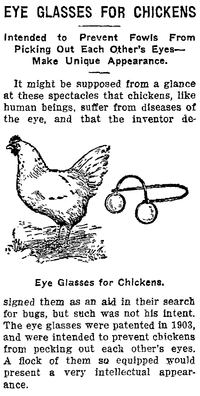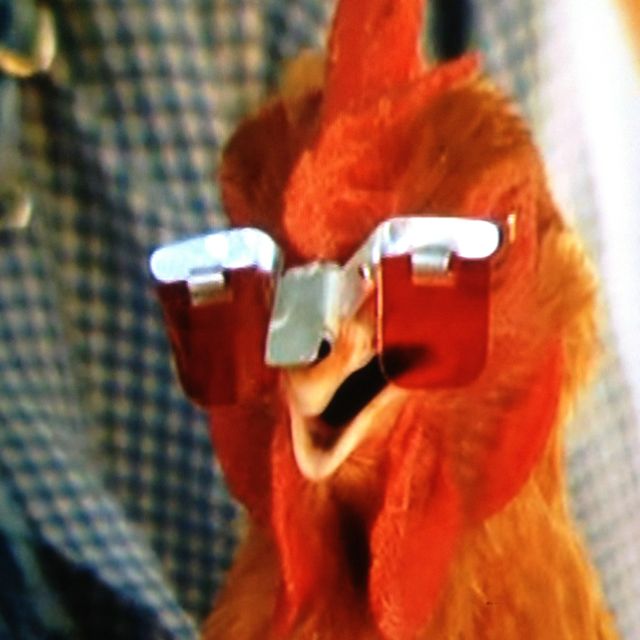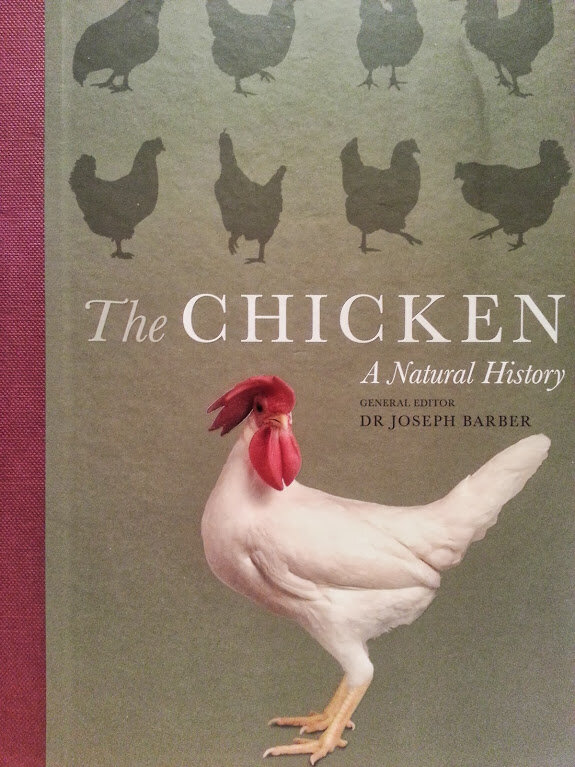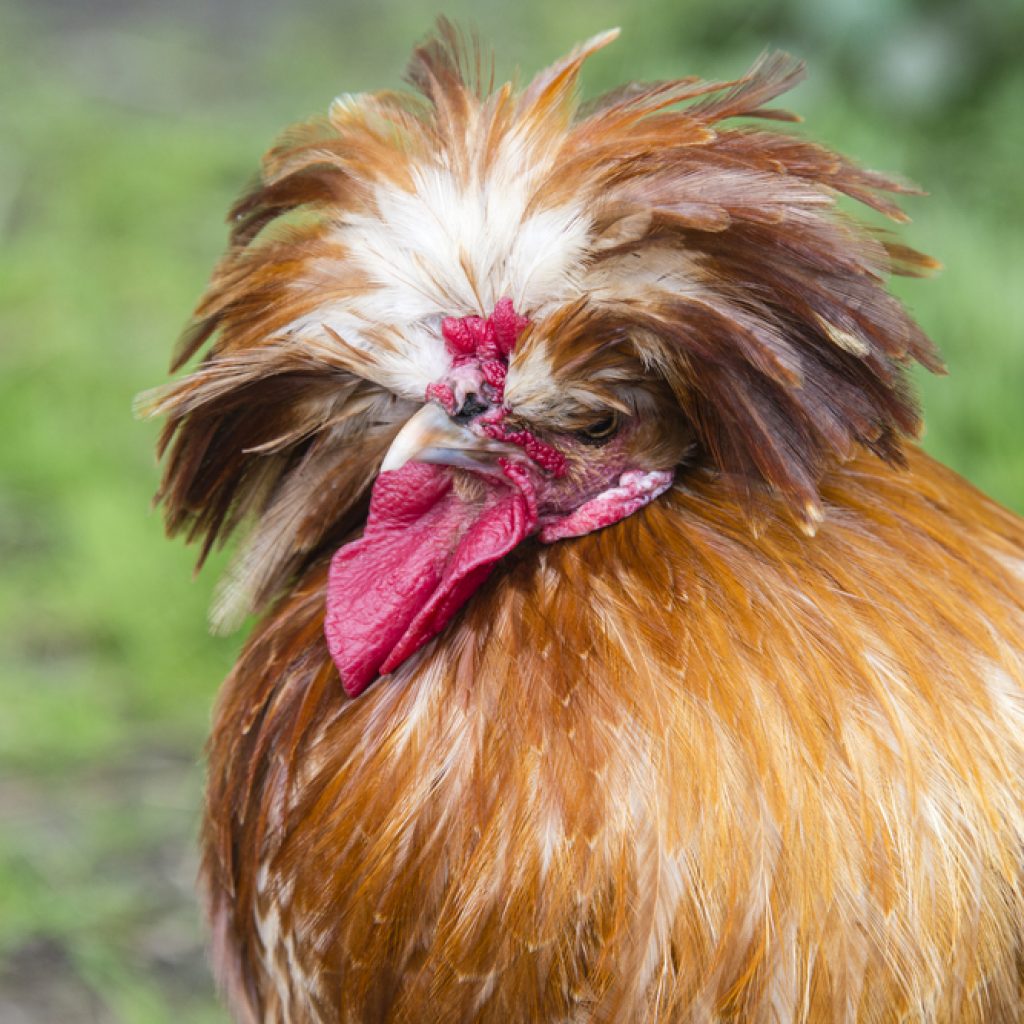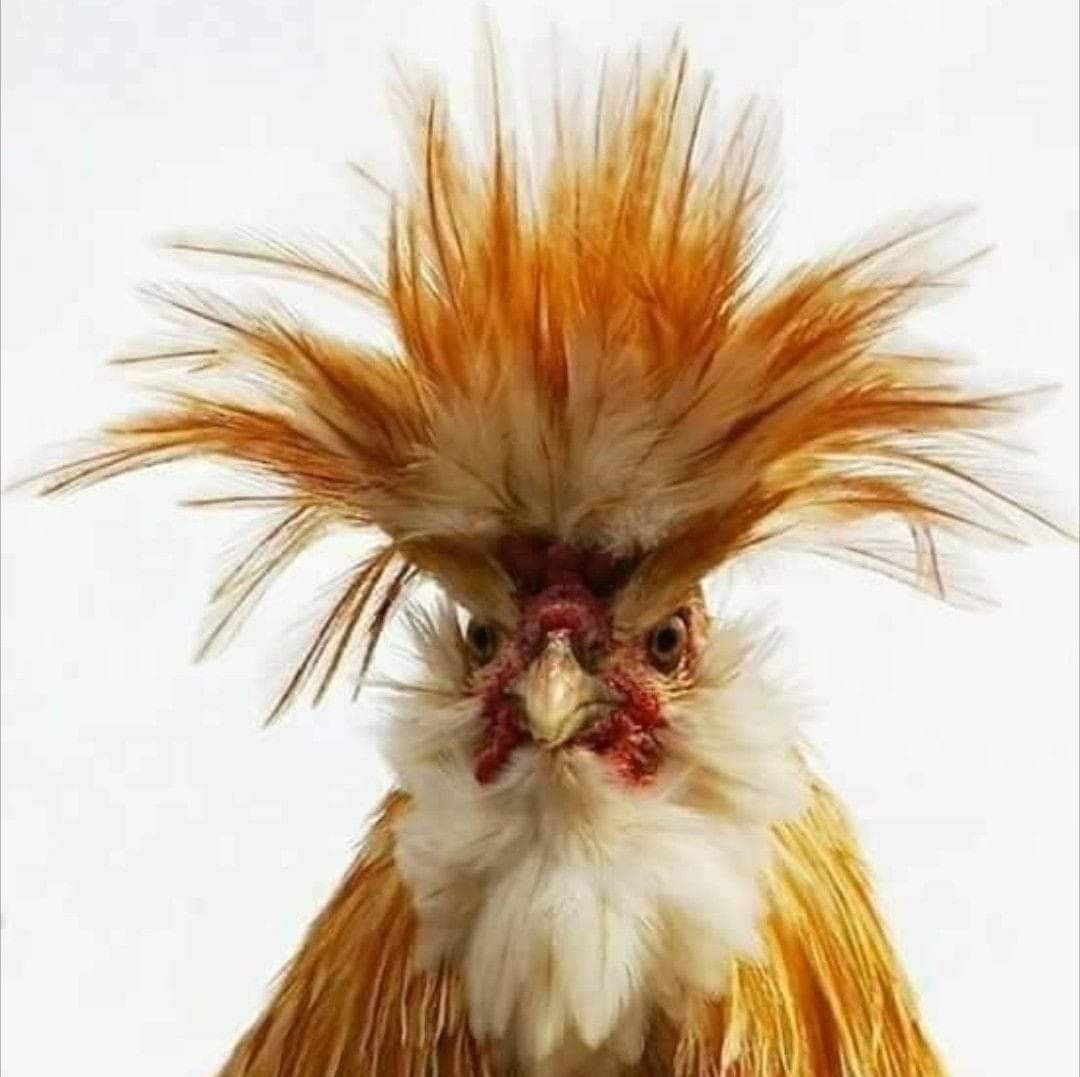-
Feeling isolated? You're not alone.
Join 20,000+ people who understand exactly how your day went. Whether you're newly diagnosed, self-identified, or supporting someone you love – this is a space where you don't have to explain yourself.
Join the Conversation → It's free, anonymous, and supportive.
As a member, you'll get:
- A community that actually gets it – no judgment, no explanations needed
- Private forums for sensitive topics (hidden from search engines)
- Real-time chat with others who share your experiences
- Your own blog to document your journey
You've found your people. Create your free account
You are using an out of date browser. It may not display this or other websites correctly.
You should upgrade or use an alternative browser.
You should upgrade or use an alternative browser.
CHICKENS
- Thread starter tree
- Start date
RESleight
Well-Known Member
Help! One of our backyard chickens has worms. It shows up as a disgusting long white membrane inside her egg. We don't know which chicken is affected so we tried to feed de-wormer food to all six chickens. They don't like to eat it although I feel like we have nearly starved them for 3 days, trying to force them to eat the de-worming food.
Can anyone please recommend something we can put in their water? A maintenance dose of de-wormer in their water would be a lot easier than trying to dose them (or one of them) only when worms appear.
Can anyone please recommend something we can put in their water? A maintenance dose of de-wormer in their water would be a lot easier than trying to dose them (or one of them) only when worms appear.
@Mary Terry , They'll eat if they get hungry enough.
I think it also extremely prudent to separate out the sick birds into isolation cages, before you have a true epidemic.
I think it also extremely prudent to separate out the sick birds into isolation cages, before you have a true epidemic.
Last edited:
@Mary Terry , They'll eat if they get hungry enough.
I think it also extremely prudent to separate out the sick birds into isolation cages, before you have a true epidemic.
We don't know which chicken has worms so we can't isolate her. Chickens get worms from their outdoor food sources such as crickets and grasshoppers they eat. Intestinal worms aren't communicable between chickens as far as I know!
We're getting new baby chickens soon. My husband has to dispose of the old ones or we'll just start letting them loose in the pasture where coyotes and hawks eventually will get them. I usually just let old hens hang around as pets and don't eat their eggs, but I don't want to spread chicken diseases by introducing the young birds to the old ones. You gotta have thick skin to deal with chickens. Hubby has a "humane" funnel kind of thing he puts them in and then off with their heads! The buzzards like the leftovers. (I hide in the house when he does it)
Sorry if that is too much info!
I like my chickens on a plate!
I have a friend who lives in a remote location. They would like to have chickens, rabbits, goats, and other stock, as well as a garden.
Their property occasionally plays host to foxes, deer, and even bears, as well as other wildlife, which makes agriculture very difficult to maintain. Anything yummy is food to wildlife.
Does anyone know of economical solutions to this wildlife problem? Maybe recommend a good chicken house/tractor, deer fencing, and other anti-predator steps my friend can take?
Their property occasionally plays host to foxes, deer, and even bears, as well as other wildlife, which makes agriculture very difficult to maintain. Anything yummy is food to wildlife.
Does anyone know of economical solutions to this wildlife problem? Maybe recommend a good chicken house/tractor, deer fencing, and other anti-predator steps my friend can take?
Perhaps a well trained guard dog or two?I have a friend who lives in a remote location. They would like to have chickens, rabbits, goats, and other stock, as well as a garden.
Their property occasionally plays host to foxes, deer, and even bears, as well as other wildlife, which makes agriculture very difficult to maintain. Anything yummy is food to wildlife.
Does anyone know of economical solutions to this wildlife problem? Maybe recommend a good chicken house/tractor, deer fencing, and other anti-predator steps my friend can take?
I have a friend who lives in a remote location. They would like to have chickens, rabbits, goats, and other stock, as well as a garden.
Their property occasionally plays host to foxes, deer, and even bears, as well as other wildlife, which makes agriculture very difficult to maintain. Anything yummy is food to wildlife.
Does anyone know of economical solutions to this wildlife problem? Maybe recommend a good chicken house/tractor, deer fencing, and other anti-predator steps my friend can take?
Electric fence is useful.
A low wire around a chicken coop is very discouraging to
raccoons and possums.
Share:
New Threads
-
What places of business trigger you, and you hate to go to no matter what?
- Started by Aspychata
- Replies: 3
-
Do any of you struggle with self blame? I feel like blaming myself for things that aren't my fault.
- Started by Amethystgirl
- Replies: 10
-
-
Brain scans reveal neural connectivity deficits in long COVID and ME/CFS
- Started by cooljethro
- Replies: 4
-
-
Spy pigeons controlled by neural brain implants
- Started by cooljethro
- Replies: 16
-
-
-
-
Who else have this odd trait? Out-of-sight, out-of-mind.
- Started by Neonatal RRT
- Replies: 23
